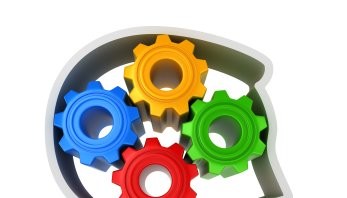
Data, Data Everywhere – But How Worthwhile Is It?
It may seem obvious that the more available data for a specific analysis the more accurate the results should be.
Unfortunately, I believe this is often incorrect.
For example, recently I attended an introductory session on a project that will use a very large private dataset to make a decision about health care expenditures.
The more variables we came up with that needed to be considered, the more I realized that there was no way the analysis could provide an accurate answer to the decision question.
And what I personally found even more interesting was that I believed the answer to the decision should have been yes without doing the weeks of proposed analysis. A yes decision would be a good public policy modeling for the particular question.
Now I’m not saying that data analysis can’t be useful. Far from that! I believe analyzing available data can be very valuable.
But in my opinion the most important part of effectively analyzing data is starting with a question that can realistically be answered. This frequently means a question that does NOT have so many variables that the outcome cannot be reasonably predicted.
I am concerned that, as more and more data becomes available, more and more decision makers will rely on data analysis results without considering whether the results actually provide a reasonable answer. And sometimes too much data can muddy the water rather than making things clearer.
The bottom line is that data analysis, regardless of how much data is available, requires the application of old-fashioned common sense. Coupling common sense with available data may provide the most worthwhile answers to appropriately framed questions.
Healthcare Technology & Policy Consultant | Coordinator of Multidisciplinary Health Research
8yIn the world of "standard" statistical analysis the competent scientist starts with a hypothesis (or more strictly a null hypothesis). "Standard" statistical analysis will tells her whether she can reject or accept the null hypothesis. Big data analytics has the potential to be new hypothesis generating - not necessarily determinative.
Director Business Intelligence @ E&I Coop | Project Management, Business Intelligence
8yLove the analogy Martyn!
JJ World (Beijing) Network Technology Company
8ythank you for your sharing